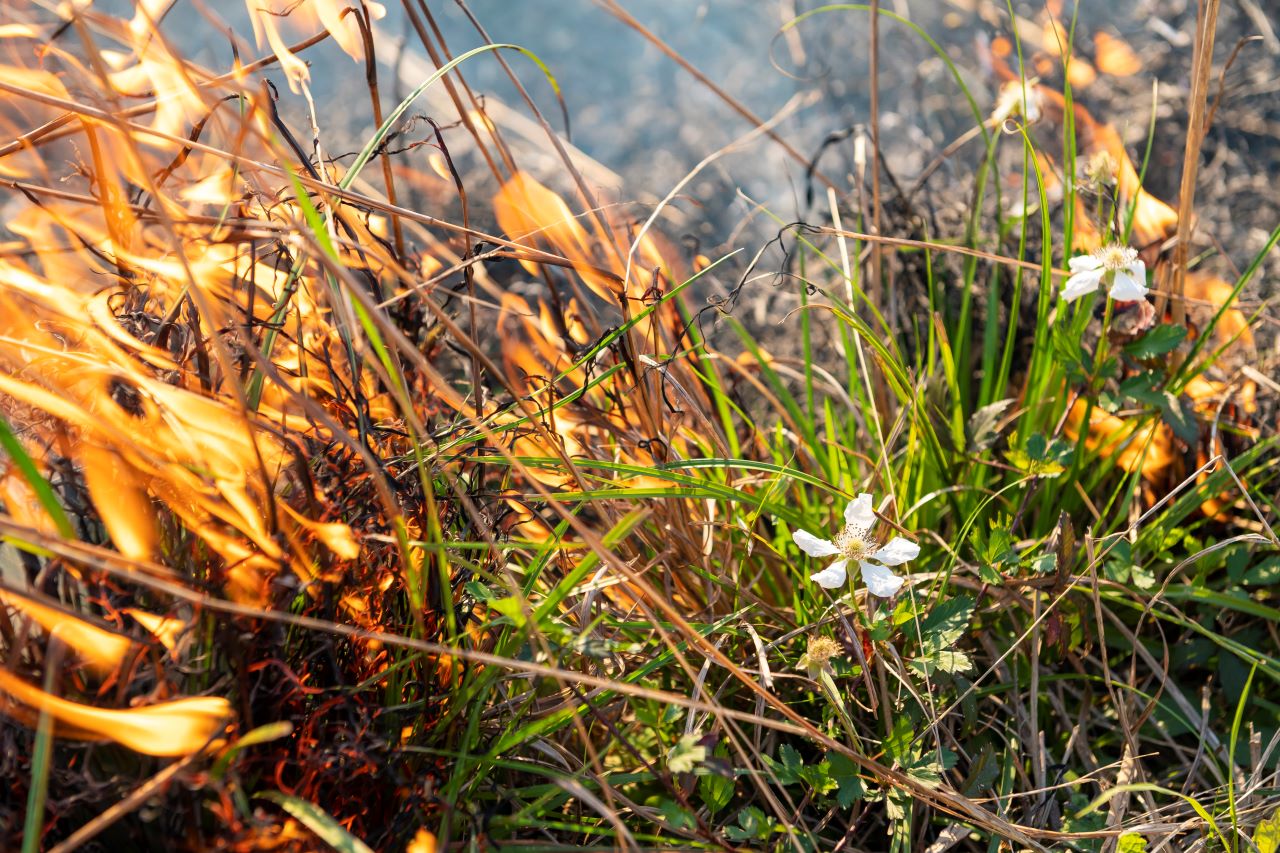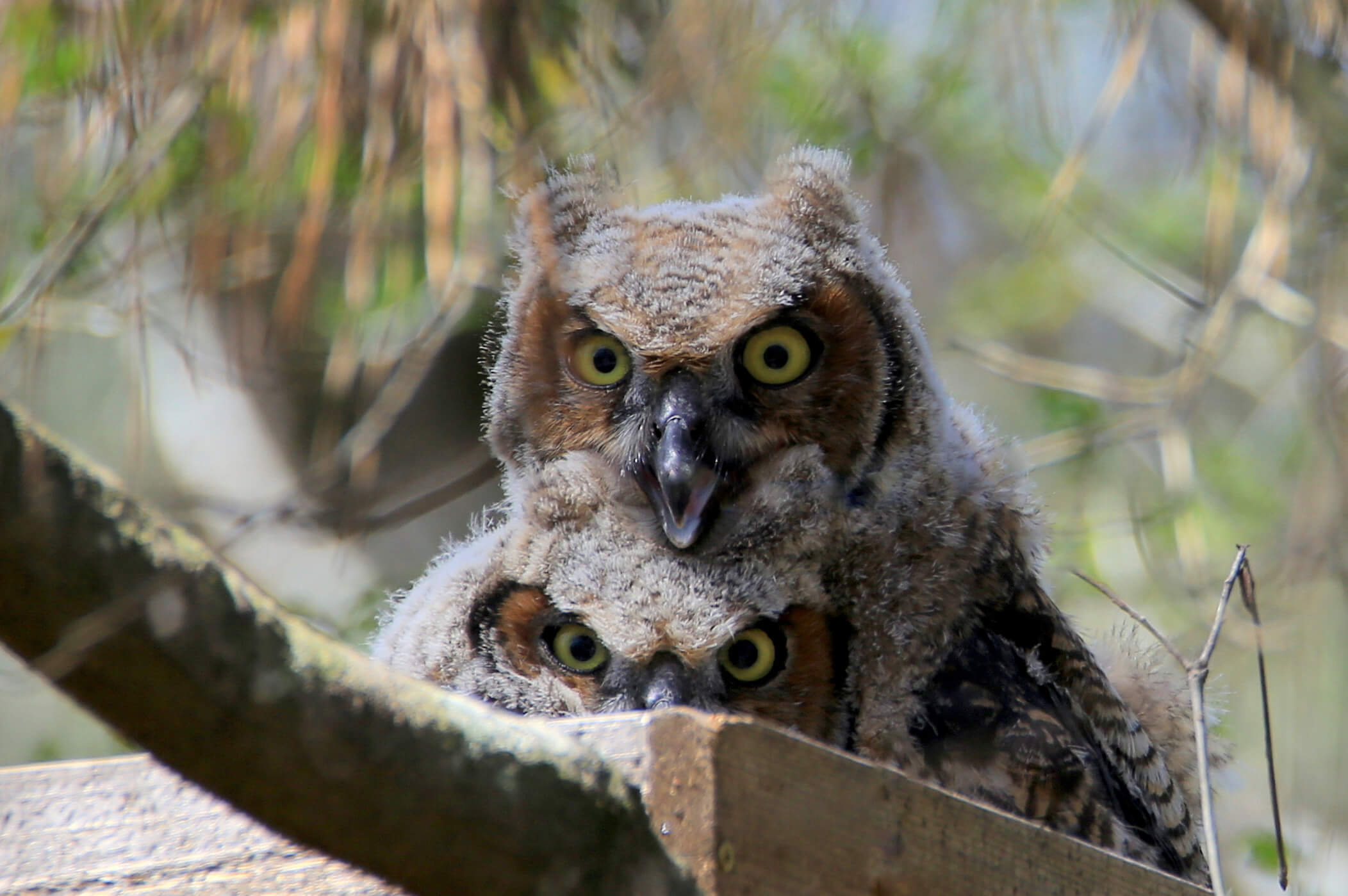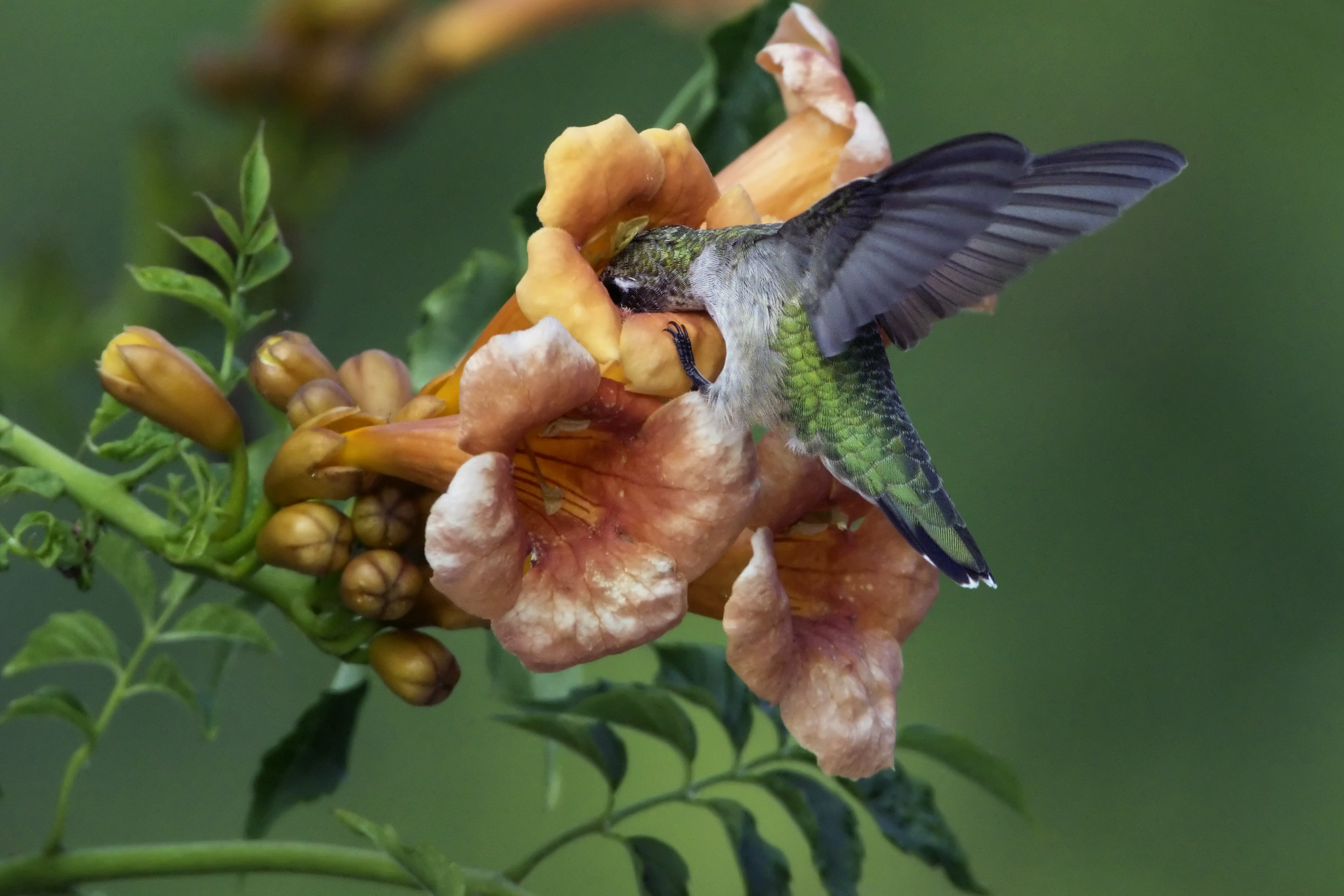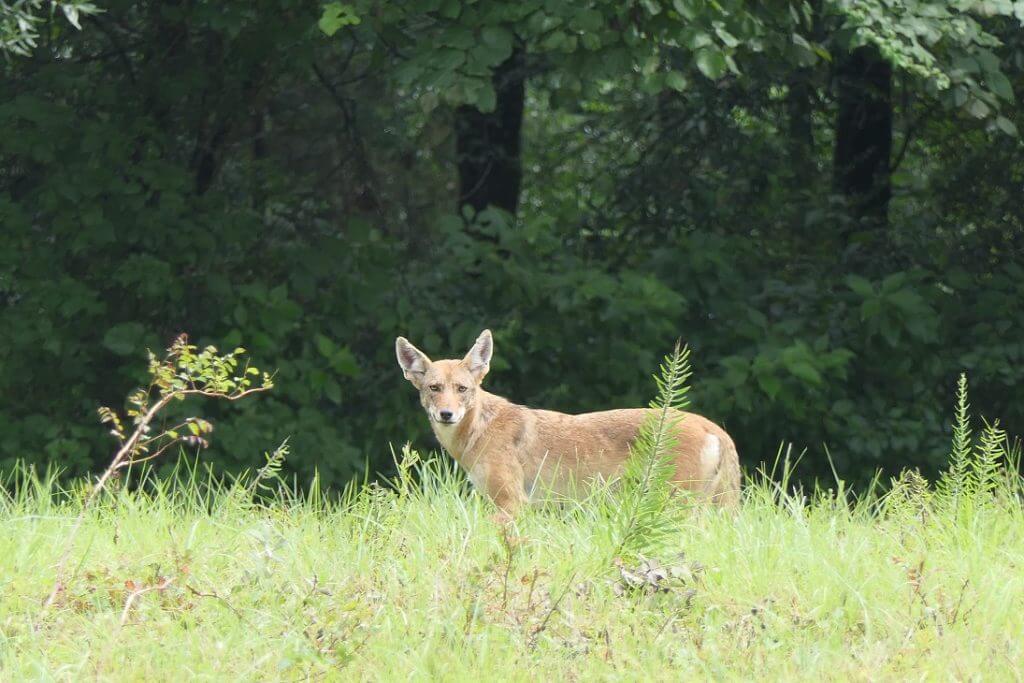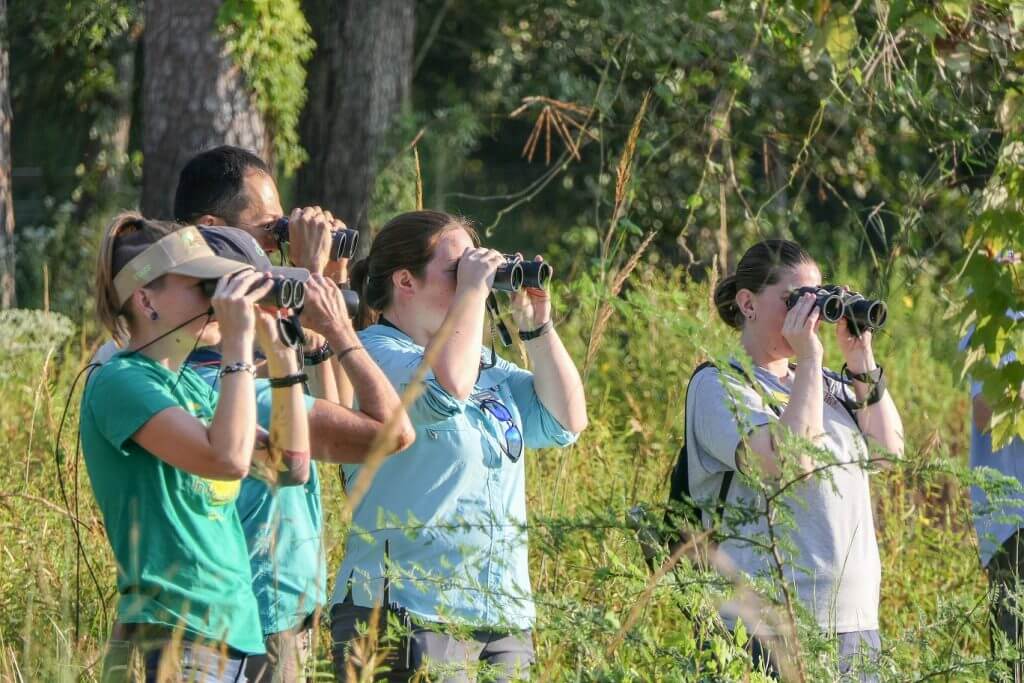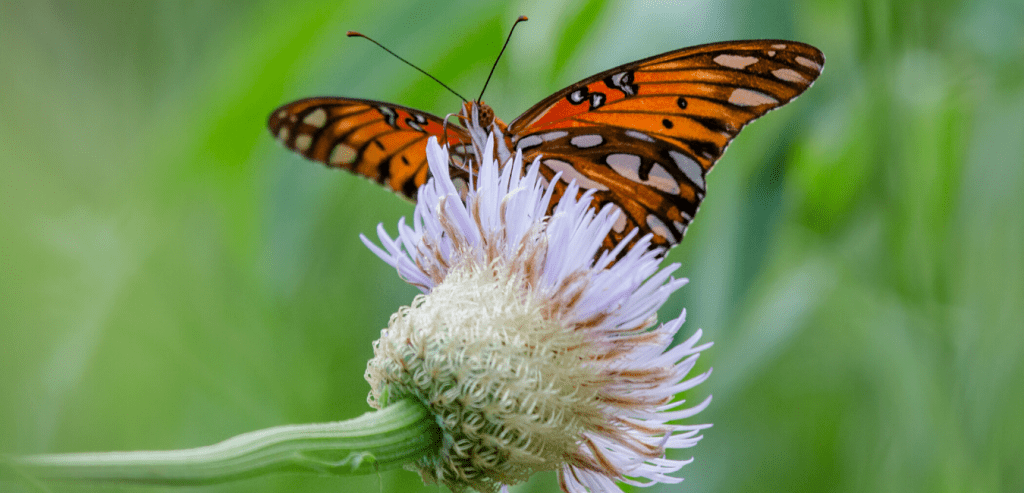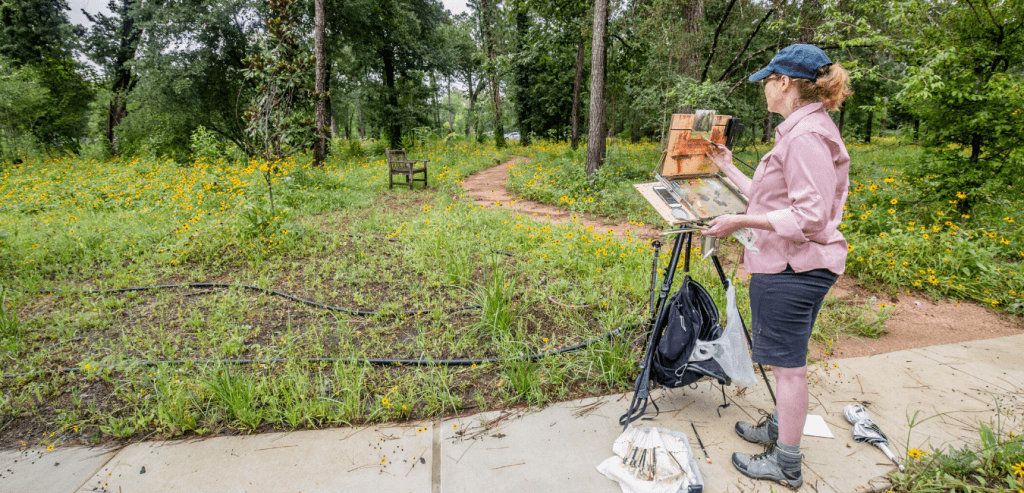Written by Kelsey Low
Humans have known about fermentation for thousands of years. Fermentation occurs when sugars get broken down by yeast or bacteria into gases, alcohol, or acids. Many of us enjoy the products of fermentation, which include bread, yogurt, aged cheeses, wine, and beer. Many of us also know about the side effects of consuming too many fermented drinks…being drunk! While humans can actively seek out that buzzed feeling by choosing to drink alcohol, we aren’t the only tipsy ones in the animal kingdom. Other animals also get drunk from encountering naturally occurring alcohol in the wild.
When fruit starts to rot, the sugars get broken down by wild yeast and may turn into alcohol. Any animal that eats these fermented fruits can end up consuming quite a bit of booze. Some berry-eating birds like Cedar Waxwings and American Robins are famous for accidentally eating fermented berries and getting drunk. The poor birds get dizzy and disoriented – they may fall over or become unable to fly straight. Just as with humans, being drunk can be very dangerous: drunk birds may crash into windows or fly into traffic and get hurt.
In addition to birds, many other animals may encounter fermented fruit and get drunk, including butterflies, deer, pigs, and cows. There are plenty of videos online of tipsy critters, like this squirrel drunk off fermented magnolia petals: www.youtube.com/watch?v=95q_xmo769M. While their drunken antics may be humorous, it’s usually no fun for the animals and can cause all sorts of problems from injuries to property damage. It’s a good reminder to humans – who have a choice – to always drink responsibly. Have fun with fermentation, but don’t end up like that squirrel!
If you’d like to have some (responsible) fun with fermentation, join us for Back to School Beer Night on Saturday, August 27th from 7-9 pm. You’ll get to enjoy some delicious fermented drinks (Saint Arnold beer) and foods (cheese from the Houston Dairymaids), along with fun nature trivia, party games, and a nighttime hayride around the Arboretum. And good news for those allergic to hay – our “hayride” has no actual hay, so you won’t get itchy!





